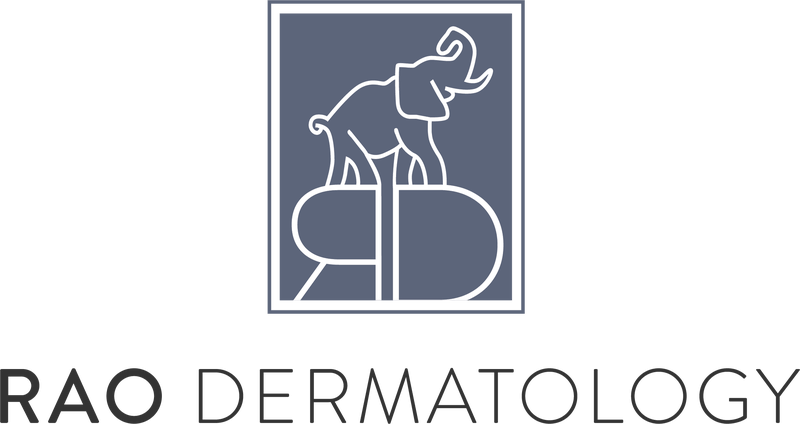PSORIASIS & DERMATITIS
PSORIASIS
Our clinicians have vast experience treating all types of psoriasis, including (but not limited to) plaque, pustular, erythrodermic, and psoriatic arthritis. Other than common topical treatments such as steroid creams, vitamin D3 creams and retinoid creams, we can offer our patients ultraviolet, systemic, and biologic therapies.
Rao Dermatology provides narrow band ultraviolet-B (NB-UVB or UVB) therapy, which reduces inflammation and assists the skin in the healing process. This treatment is extremely popular because, not only is it effective, it also takes only a few minutes and requires zero downtime. Light therapy can be done on a drop in basis, up to 3 times a week.
Systemic treatments affect the body’s entire system and require an oral or injected medication. This approach is typically used when topical medications have not been effective, or on patients who are affected on large portions of the body that frequent topical doses are not practical.
We also offer our patients injected systemic treatments, or biologics, usually when topical and oral treatments have not proven effective. Biologics are most often prescribed for individuals with severe plaque psoriasis or psoriatic arthritis.
Because some of these medications can cause serious side effects, patients on systemic and biologic treatments must be closely monitored through consistent follow-up examinations and testing.
DERMATITIS
Dermatitis is a general term used for several different types of skin inflammation. These can be divided into two main categories: endogenous and exogenous.
Endogenous dermatitis means that the condition originates from within the body. Exogenous dermatitis is caused by an irritant outside of the body. Once the type and cause is determined and whenever possible, eliminated, both types of dermatitis can be treated with steroidal and non steroidal topical medications, sometimes systemics treatments can be needed. The dry skin is managed with moisturizers and emollients.
Although it may seem appropriate because the skin is so dry and flaky, exfoliation can actually worsen the skin’s condition. Also, because the skin is often quite sensitive in eczema patients, harsh skin care products and retinoids are not recommended. UVB light therapy has also proven effective in relieving symptoms. Because of the nuances of each individual case, effective treatment is often dependent upon a multi-faceted treatment plan that includes medication, proper skin care, and trigger avoidance.
TESTIMONIALS
Copyright © 2025 Rao Dermatology. All rights reserved. Terms and Conditions | Privacy Policy. Made by akby.
